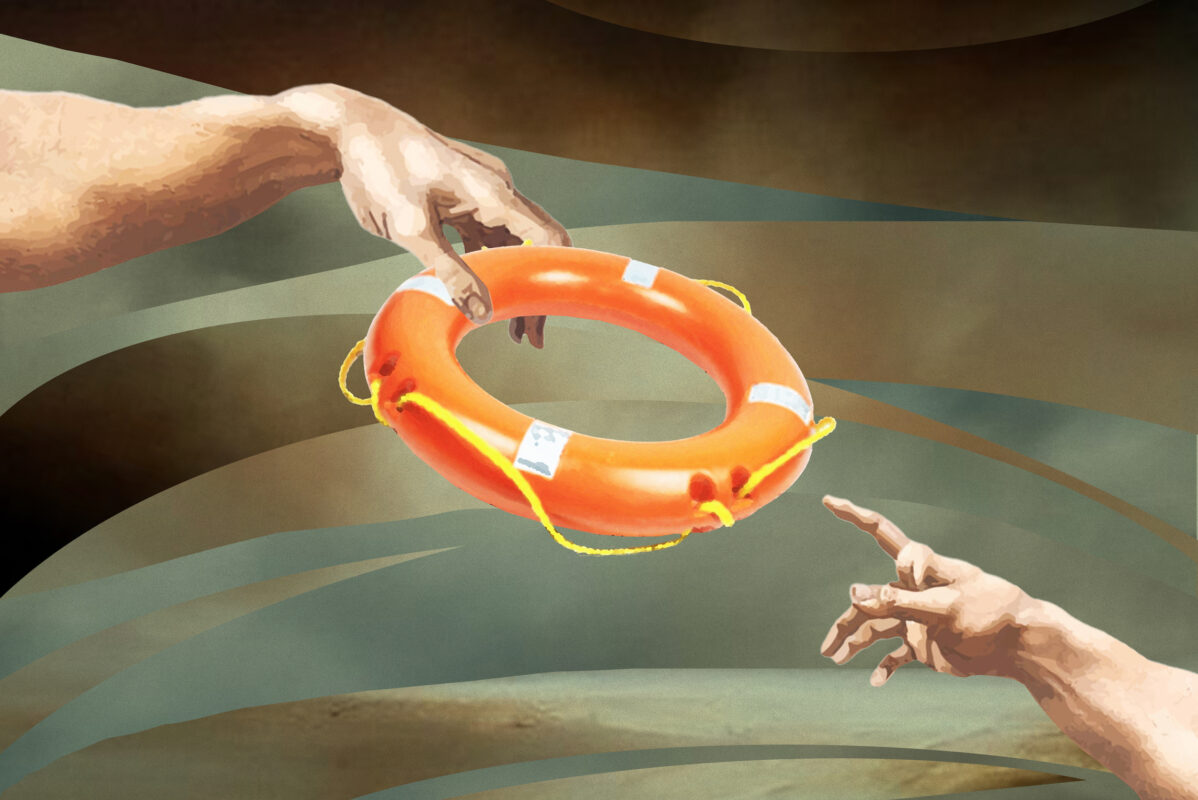In its three and a half years of existence, the Center for Belarusian Solidarity (CBS) has provided over 50,000 free legal consultations. Thanks to the Center’s work, Belarusians have started receiving humanitarian visas and residence permits, and the children of refugees from Belarus and Ukraine can maintain a connection with their home cultures. Reform.news spoke with the CBS team about the Polish travel document for Belarusians, post-traumatic stress disorder, and Belarusian solidarity.
The Center for Belarusian Solidarity was founded in 2020. Nearly four years later, CBS has evolved into a multifaceted organization supporting forced migrants. CBS provides legal consultations, runs a school for Belarusian and Ukrainian children, assists activists and journalists, and implements cultural projects.
«Belarusians from Different Corners of the World Still Contact Us»
Olga Dobrovolskaya, head of the legal aid department at the Center for Belarusian Solidarity (CBS), recalls the early days of their work:
— I was invited to the Center for Belarusian Solidarity as a lawyer specializing in immigration law. At that time, there was no organization or legal entity. There was only an initiative by Belarusians who wanted to help people facing violence and torture.
Olga handled consultations after her main job. In September 2020, COVID-19 restrictions and quarantine measures were in effect in Poland. Despite this, lawyers communicated with clients directly because it was the only way, Olga explains.
— People were leaving Belarus. They had just been released from Okrestina. They were traumatized and simply came to the place they found on the internet, on Instagram, learning about the ‘Center for Solidarity.
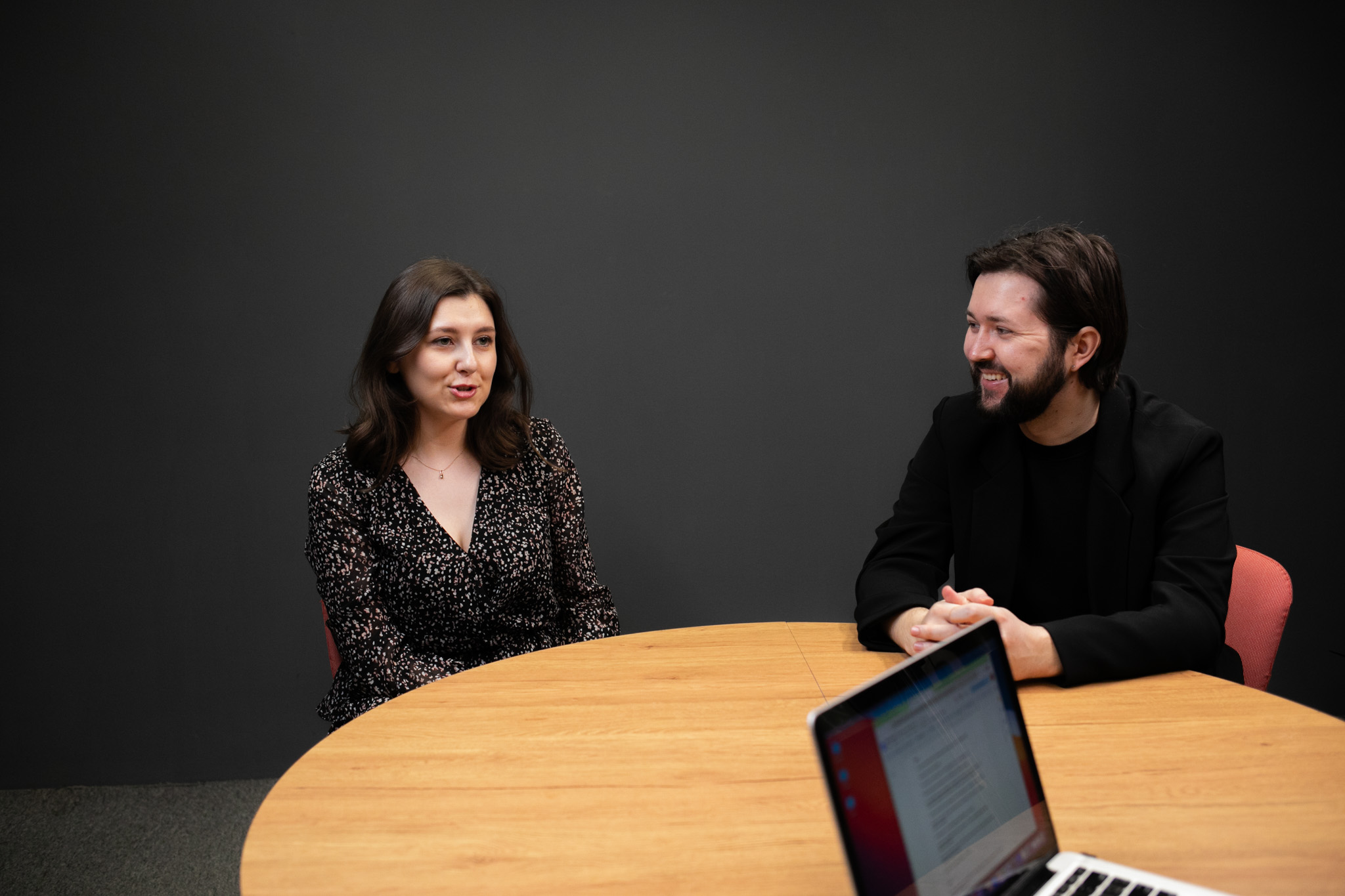
Olga admits she no longer remembers all the people she provided consultations to. At that time, she worked very hard and intensely.
— I remember those times with Alesya Pozhitok, a lawyer who opened the CBS precisely at 10 a.m. and let people in. Then I would come after my main job, and together we would stay until 11 p.m. because we simply couldn’t manage to consult everyone and process all the documents. We worked like this for many months.
The legal department was the first contact for CBS with arriving Belarusians. Olga Dobrovolskaya says the assistance wasn’t limited to consultations—sometimes people were simply hungry and exhausted.
— They were traumatized both physically and psychologically. Many needed medical and psychological help as soon as possible. Sometimes they just needed someone to be there and listen. There were times when we offered clients food we brought from home. I clearly remember when Andrey Ostapovich came for a consultation, and one of our colleagues gave away the last piece of cheese to make him a sandwich.
During that period, CBS representatives would take a power of attorney from a person and go through all the procedures with them: obtaining a PESEL number, opening a bank account, going to the border service, and undergoing the interview for international protection.
— The time until October flew by like a dream, and we were quite traumatized by both the volume and the disorganization. There was no system, no rest, no organized management, no psychologist, nothing. We just absorbed all these stories. At some point, it became very hard.
Olga Dobrovolskaya says that due to the stress experienced, she faced health and concentration problems.
— I used to try to answer all questions that came to me at any time. During the peak period, I received up to 80 requests personally. Now I understand that it’s impossible to work like that without harming oneself. Therefore, I stopped doing consultations and no longer handle severe cases (physical violence, torture). I understand that caring for my health and professional effectiveness should become a priority, and I am doing everything possible to achieve this balance. My team supports me a lot. We have very good friendly relations in the legal aid department. We try to support each other.
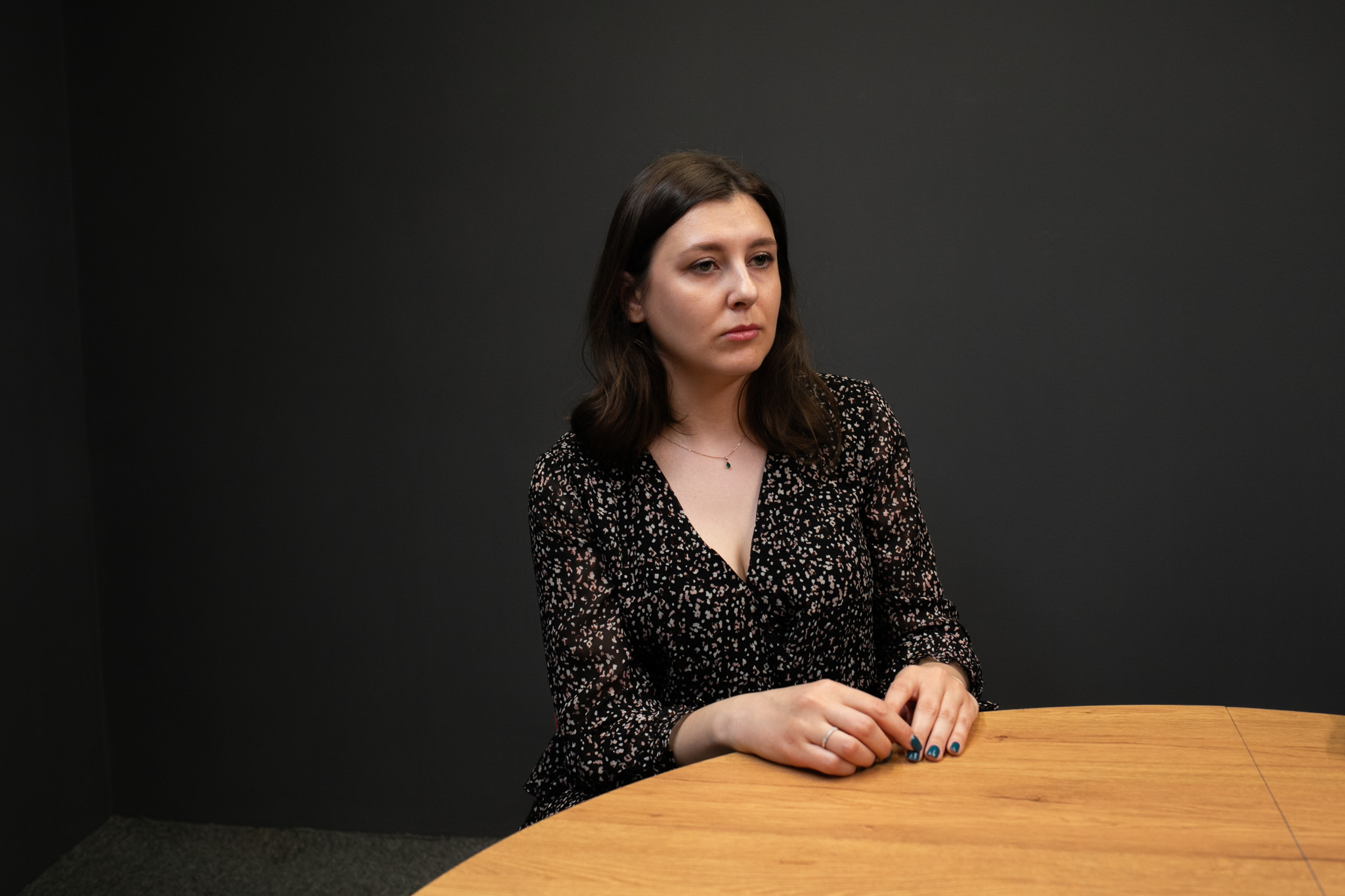
Olga believes that CBS has successfully fulfilled its mission.
— Every month, we provide at least 1,200 specialized consultations. We’ve been working like this for three and a half years. Belarusians from different parts of the world still contact us: from Cyprus, Georgia, Finland, and other countries. The number of requests is no less than 50 per day.
The CBS legal aid department specializes in Polish legislation, but Belarusians in other countries have nowhere else to turn, Olga explains. Official diplomatic representations do not provide legal assistance. CBS spokesperson Antos Zhukov believes that official authorities have effectively left Belarusians without any support abroad.
— Moreover, the state creates additional difficulties like passport problems and so on. Nothing is resolved. And people go where they can get help, even if it’s in a limited format because, of course, we are not omnipotent and can’t solve all issues.
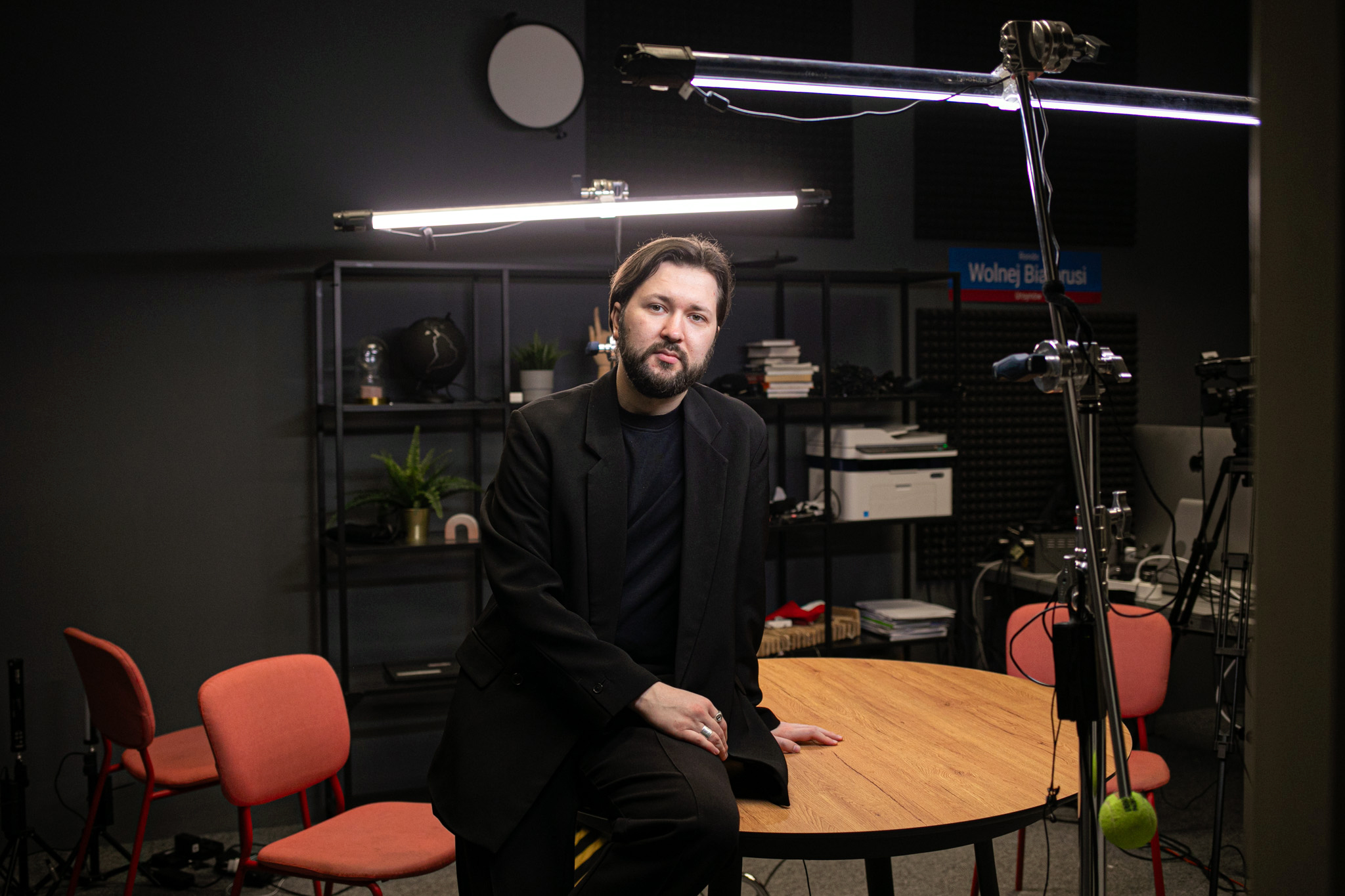
«Belarusians from Other Countries Are Already Starting to Move to Poland Because They Have Their Own Problems»
CBS participates in the activities of a working group with the Polish Ministry of Interior, thanks to which it became possible to obtain humanitarian visas and residence permits, Olga explains.
— Initially, it was about the possibility of obtaining humanitarian visas in principle. Subsequently, it was about the possibility of employment based on these visas. In 2020, together with the Association for Legal Intervention (Stowarzyszenie interwencji prawnej), we prepared special recommendations. Then we created the first textbook on international protection in the Belarusian language. I am very pleased that, thanks to this work, more than 15,000 Belarusians, using new tools, have obtained residency based on humanitarian visas.
Olga explains that systematic and meticulous preparation is necessary for effective advocacy.
— We pay special attention to preparing official appeals and requests: we analyze legislation and collect practical cases from our legal practice. This stage of work is crucial because officials always prefer short and specific requests.
When a person seeks consultation, they try to help comprehensively. If the matter is beyond CBS’s competence, they refer them to other Polish lawyers, says Olga.
— We have signed an agreement with the District Chamber of Legal Advisers to transfer some cases to pro bono (free legal aid). Until 2022, they took almost all cases we referred to.
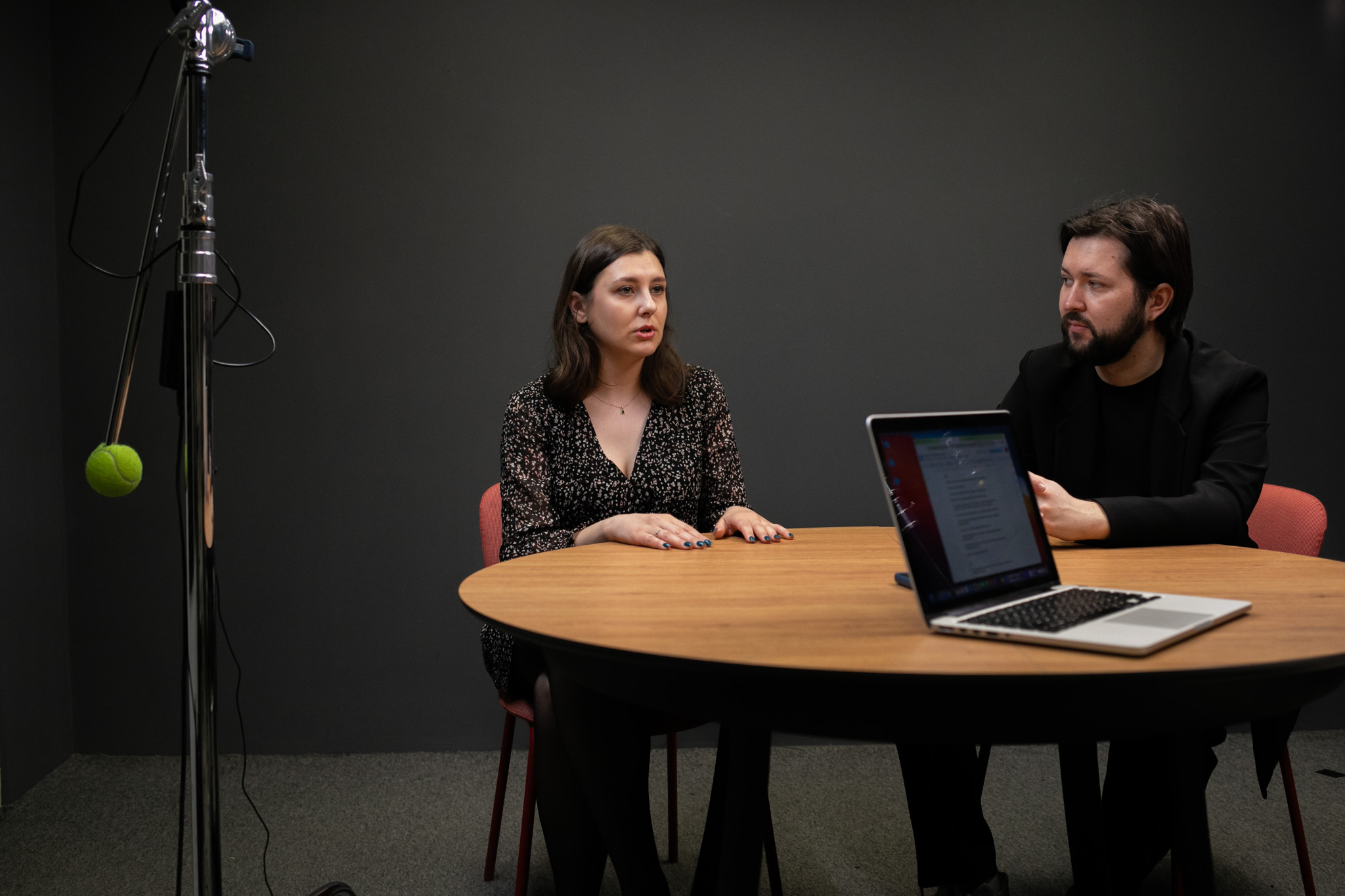
The legal aid department advises Belarusian civil and political activists on immigration law issues: border crossings, visa acquisition, legalization, obtaining international protection, and marriage. Olga Dobrovolskaya says that sometimes lawyers independently choose cases from other areas of law.
— CBS employs professional lawyers, attorneys, and legal advisors with Polish education. We provide consultations and help prepare procedural documents: appeals, complaints to court. We have the opportunity to join a court case as a human rights organization, representing public interest.
According to the head of the foundation, Vladimir Kobets, CBS plans to provide similar legal services for all citizens of post-Soviet countries who have ended up in the EU due to threats of repression.
— This is discussed, although CBS has never refused help to such people before. Our main goal remains unchanged—providing legal assistance to Belarusians and Ukrainians who ended up in Poland due to repression, threats of arrest in Belarus, or Russian aggression against Ukraine.
In 2020, CBS had about 100 volunteers, and the number of inquiries was about 250 per week. In total, CBS provided more than 50,000 consultations, and these numbers disappoint Olga.
— This indicates what is happening in Belarus. Repression does not stop. Many Belarusians face persecution, violations of their rights, and are forced to leave their homeland.
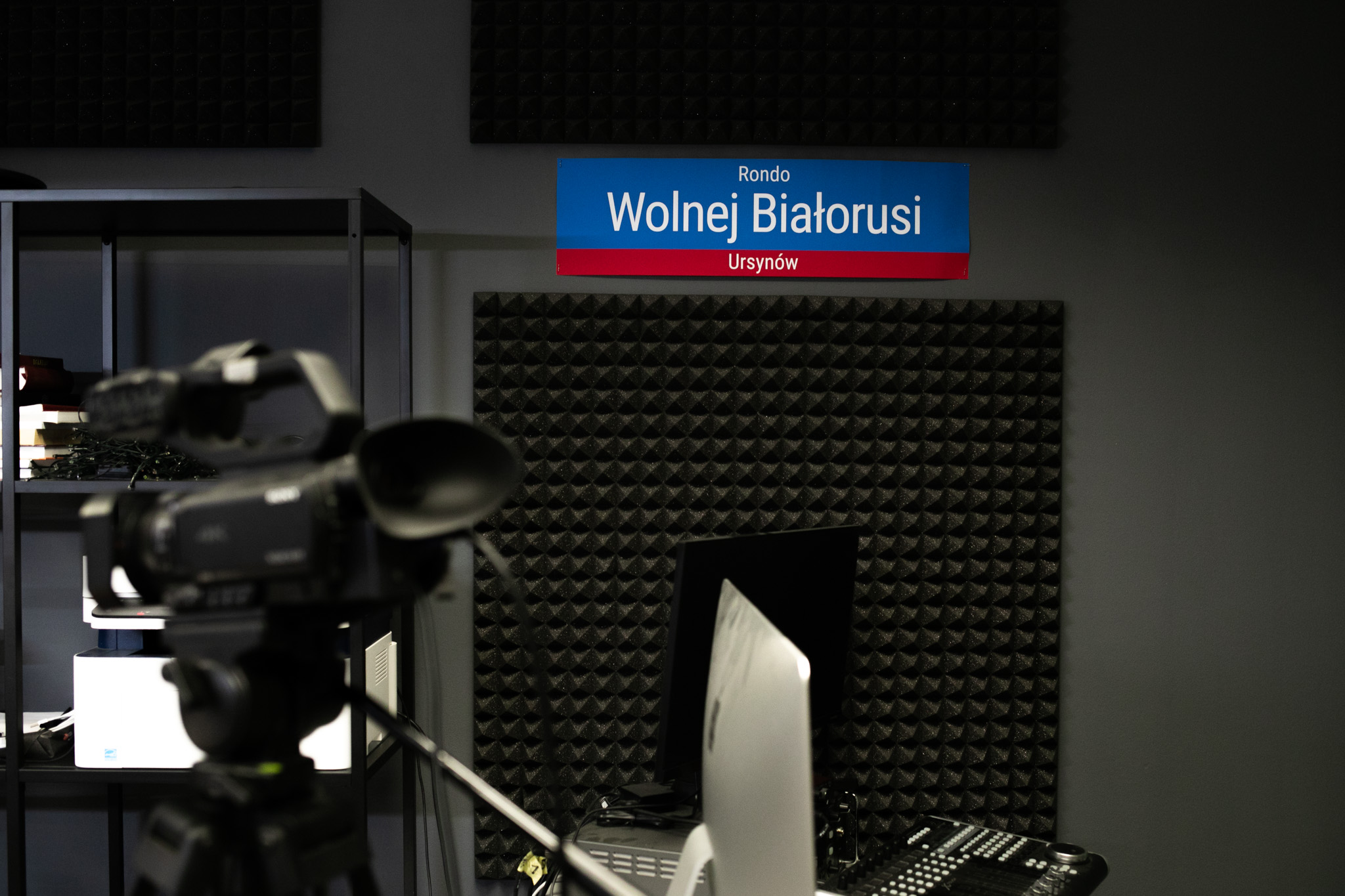
Antos Zhukov also believes that the situation is not improving.
— People keep coming. We see that Belarusians from other countries are already starting to move to Poland because they have their own problems. Political prisoners are released from prison after serving their full sentences.
Olga Dobrovolskaya talks about the difficult past of her clients, who were subjected to torture, violence, attempted suicide while in prison, and are now trying to adapt to a new life.
— During consultations, we become very close with clients, and they share: ‘For me, time has stopped. I was arrested in 2020, and I don’t understand how I ended up in 2024.’ I understand them. For me, time stopped in 2020 too. Working with former political prisoners is morally difficult. It’s a very strong emotional burden. Their lives will certainly never be the same. I think we underestimate how deeply traumatized these people are and what trials they have been through.
«We Are Already Recording Cases Where Children Are Listed as ‘XXX’ in the Citizenship Section»
In Poland, legalization is comparatively easier than in other countries, says Olga. According to her, in the case of international protection, the vast majority of repressed Belarusians receive positive decisions. However, there are also problems—Belarusians are more often granted supplementary protection rather than refugee status, which can lead to various legal complexities.
— Supplementary protection does not allow full access to the Polish judicial system. For example, in custody cases, the Belarusian court still remains competent. When replacing driver’s licenses or obtaining pensions, Polish officials inform the Belarusian embassy. We are now frequently documenting such cases.
According to Olga, the issue of a travel document also remains unresolved.
— In 2023, we reached an agreement that the Polish travel document would be extended from one year to three years. This document will become biometric and will officially confirm the identity of the foreigner. However, after the elections, the work was not continued.
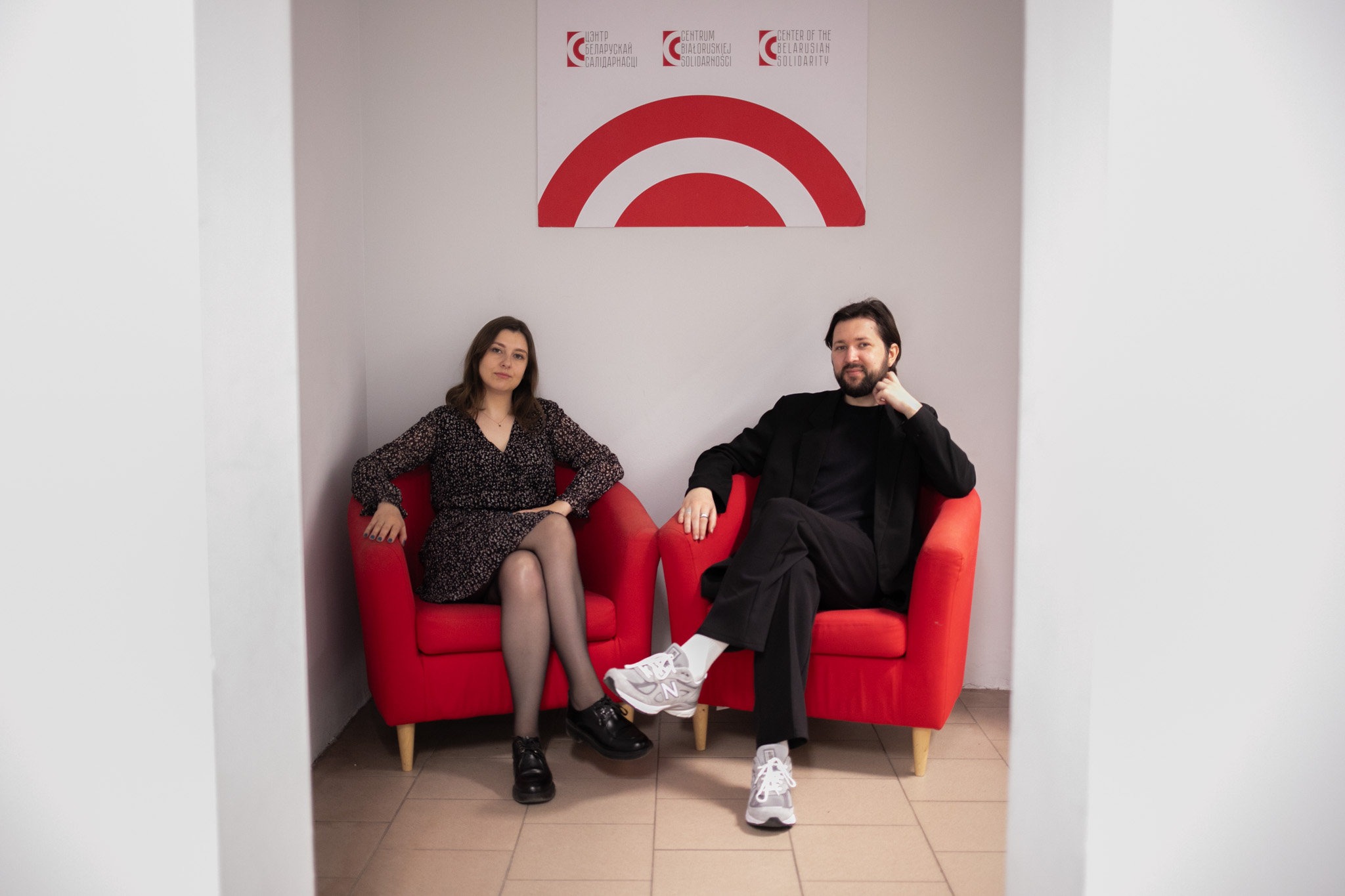
Until 2020, the Polish travel document was not so popular. Only after mass repression did Belarusians start to frequently receive supplementary protection, explains Olga.
— Previously, 100 Polish travel documents were issued per year for all foreigners throughout Poland. At the moment, more than 5,000 such documents have already been ordered for Belarusians, and this quantity is insufficient. Therefore, applications for documents are not currently being accepted until the Belarusian passport is still valid: there are simply no components to print new documents.
Belarusians with residence permits also need the Polish travel document, as they cannot obtain a passport in diplomatic missions or in their home country. Olga cites a case in Finland where a newborn was issued a birth certificate, but the parents cannot apply to the embassy for a document and, consequently, cannot cross borders.
— If the country does not provide them with protection or residence status, then the parents cannot obtain documents for the child. And this is the case in many countries. For example, Sweden practically does not grant international protection to Belarusians. The Swedish authorities have made such a political decision. We have repeatedly evacuated Belarusian activists from Sweden to Poland who were already there on the brink of deportation.
The issue of expired passports and obtaining a travel document is very acute, notes Olga. This also affects newborn children because in such cases, it is impossible to confirm their citizenship.
— We are already recording cases where children are listed as ‘XXX’ in the citizenship section.
Olga discussed this issue in detail with representatives of the Ministry of Internal Affairs in December. Work on simplifying the legalization of Belarusian children in Poland continues.
— The Polish travel document is currently issued for one year. Although in some voivodeships, the procedure itself takes 6 months to complete. During Sviatlana Tsikhanouskaya’s visit to Poland, we discussed this issue with the new Deputy Minister of the Interior, Mateusz Duschik. He supported our idea of extending the document to 3 years, but there is currently no ready solution.
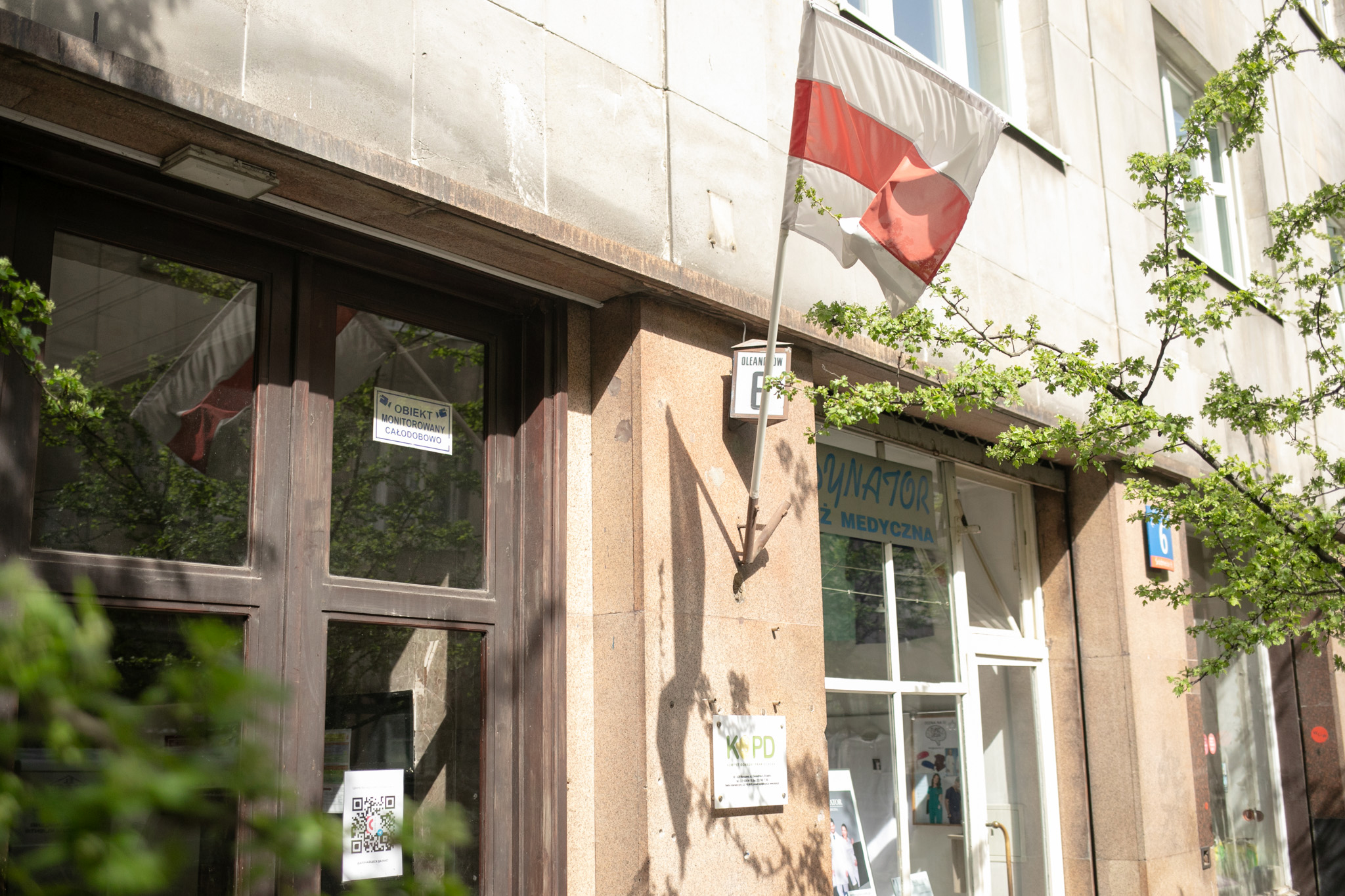
“No school can instill a love for the Belarusian language and culture if parents in the family do not work on it”
Apart from the legal department, the Center for Belarusian Solidarity also has an Extra-curricular School, led by Helena Nedvetska. The school offers classes in Belarusian, Polish, and English languages, drawing, mathematics, chess, theater, guitar lessons, art therapy, board game clubs, and more.
— In the school, there are 12 teachers. For some, it’s just a wonderful opportunity to do what they love in a foreign country. For example, guitar lessons are conducted by a member of the NIZKIZ band.
Currently, about 250 children attend the school. Helena notes that 50 of them came from Ukraine.
— At the end of 2023, there were more than 300 children in the school, and classes were held not only in Warsaw but also in Lodz and Poznan. Unfortunately, funding has been reduced, so there are fewer children now.
Classes are held for children aged 5 to 16 on weekdays, evenings, and Saturdays. Helena emphasizes that all classes are absolutely free.
— This was decided at the opening of the school, which was on April 1, 2021, and it continues to this day. This is the largest free educational platform for children from Belarus in Poland.
In the Extra-curricular School of the CBS, there are three age groups for Belarusian language classes. Thus, the organizers aim to preserve the identity of the students.
— In our school, we help children adapt to the new country more quickly, but at the same time, we make efforts to ensure that they do not lose their national identity. Recently, a children’s book crossing started, where children can borrow children’s literature in Belarusian. But no school can instill a love for the Belarusian language and culture if parents in the family do not work on it.
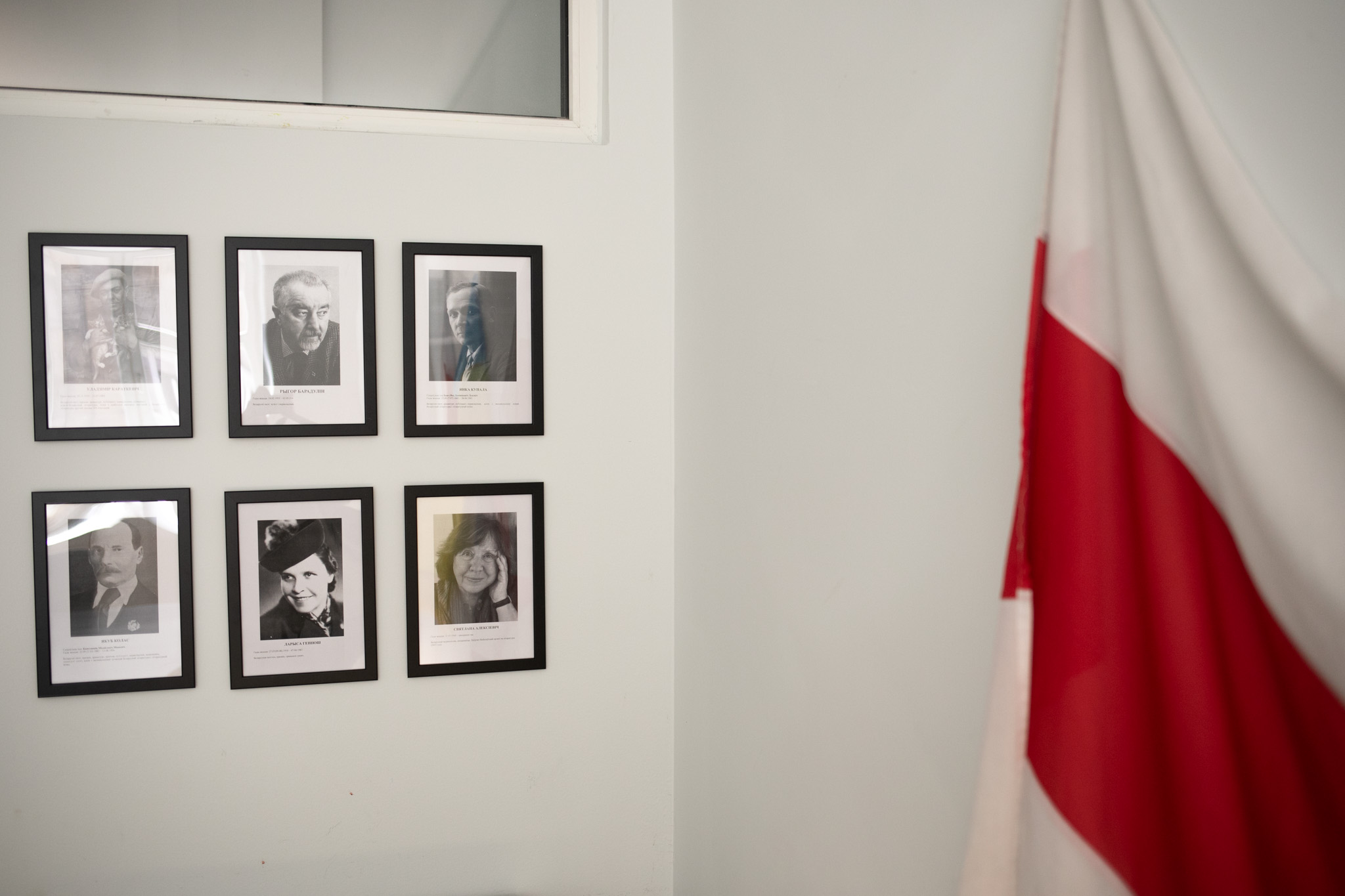
The head of the CBS foundation, Vladimir Kobets, says that interest in the project is growing—people ask to open schools in other cities in Poland.
— But the school is the hardest thing to find money for. Never before have so many families from Belarus and Ukraine traveled, and children have somewhat fallen out of focus. Earlier, either the father or mother traveled, and the children stayed with the rest of the family in the country, hoping for an improvement in the situation and reunification with the family in the Homeland.
Today everything is different, Vladimir continues.
— Hundreds of thousands of Belarusians have left due to terror. And now we have tens of thousands of children abroad, whose destinies have irreversibly changed. Children need an environment where they can be with peers, where they can receive extra hours to learn languages — Polish, English, Belarusian, and Ukrainian — many other activities.
«In the Democratic World, Everything Isn’t Limited to the State, Embassy, or Official»
Apart from the school, there are other additional projects, says Antos Zhukov. There’s a helpline to support NGOs, where they can provide advice, for example, on setting up a foundation and their own organization.
— We not only advise Belarusians but also support other initiatives so that they can also help Belarusians. This expands the space for Belarusian NGOs. Many proactive individuals have left the country, and it’s important for them to help Belarusians and Ukrainians.
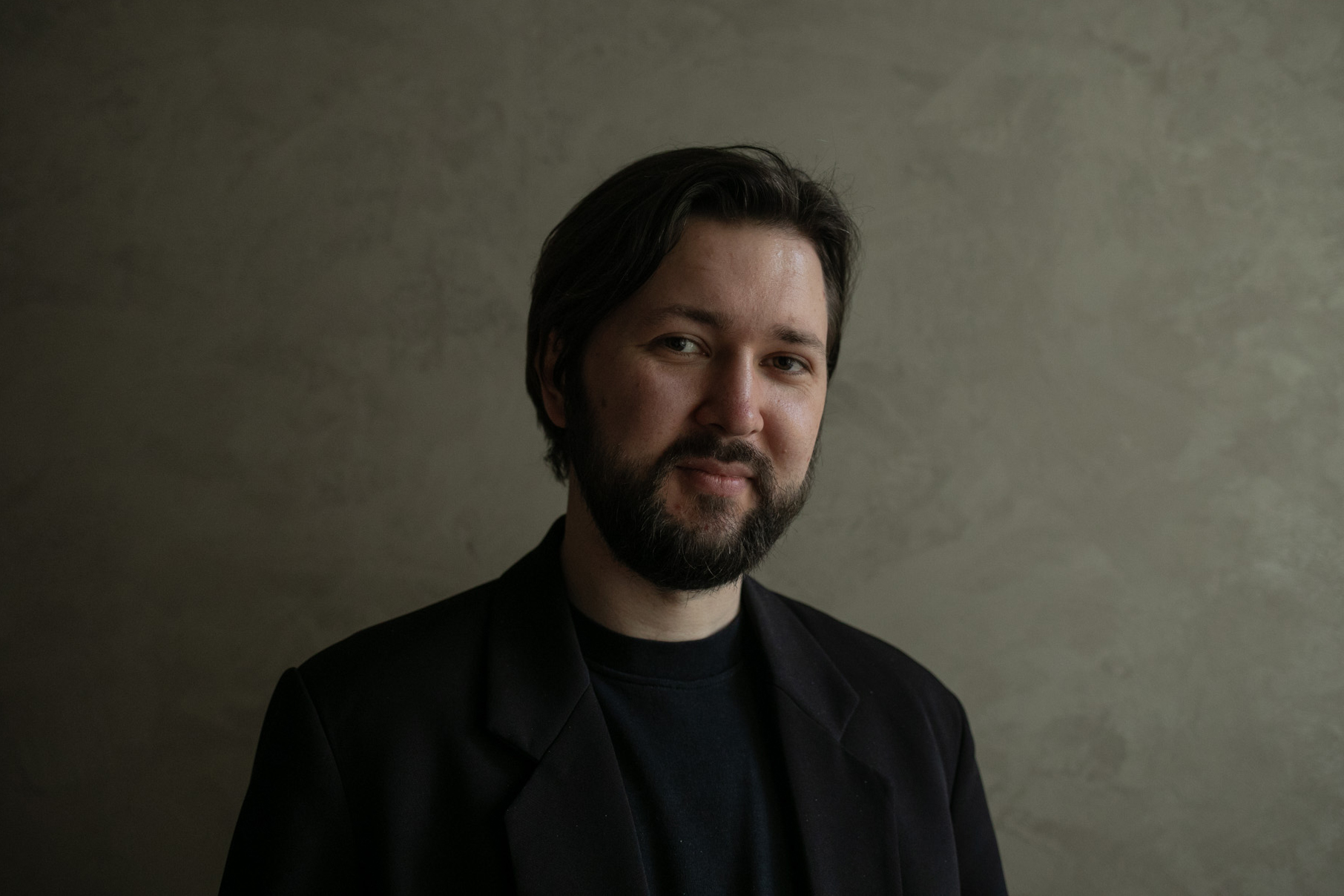
По словам пресс-секретаря организации, ЦБС также помогает развитию и сохранению беларусской культуры в эмиграции.
According to the organization’s press secretary, CBS also helps develop and preserve Belarusian culture in emigration.
— We see how independent publishing houses are being destroyed in Belarus, people are moving, so we help them. Recently, a bookstore opened where you can order books from Belarusian publishers. We also co-organize the Belarusian stand at book fairs in Poland. We invited Alhierd Baharevich to the International Book Fair at the Warsaw Royal Castle.
CBS participated in a project to translate Polish classics into Belarusian, including works by Adam Mickiewicz, Wisława Szymborska, and others. Antos adds that the books are distributed for free to Belarusian spaces and libraries.
— There have been many joint projects with the Free Theater. Rehearsals took place in our hall for a while. Teens from Belarus and Ukraine performed in the play, which was held at the Museum of Free Belarus. CBS provided its recording studio for Lyavon Volski, Sergey Chaly, journalists from ‘Belsat,’ and Reform.news.
The Belarusian Solidarity Center will maintain its specialization in the future until the situation with human rights in Belarus is normalized, believes Vladimir Kobets.
— Such established structures as the Belarusian Solidarity Center play an important role because in the democratic world, everything isn’t limited to the state, embassy, or official.
In Vladimir’s opinion, the New Belarus will quickly integrate into European and Euro-Atlantic structures, and Poland will be a leader among the political sponsors of this process.
— After that, I believe that the Center will use its vast and unique experience in communication and interaction with Polish governmental, municipal, and non-governmental partners. In other words, it will become a Belarusian hub in Warsaw that will contribute to expanding relations between Poles and Belarusians.
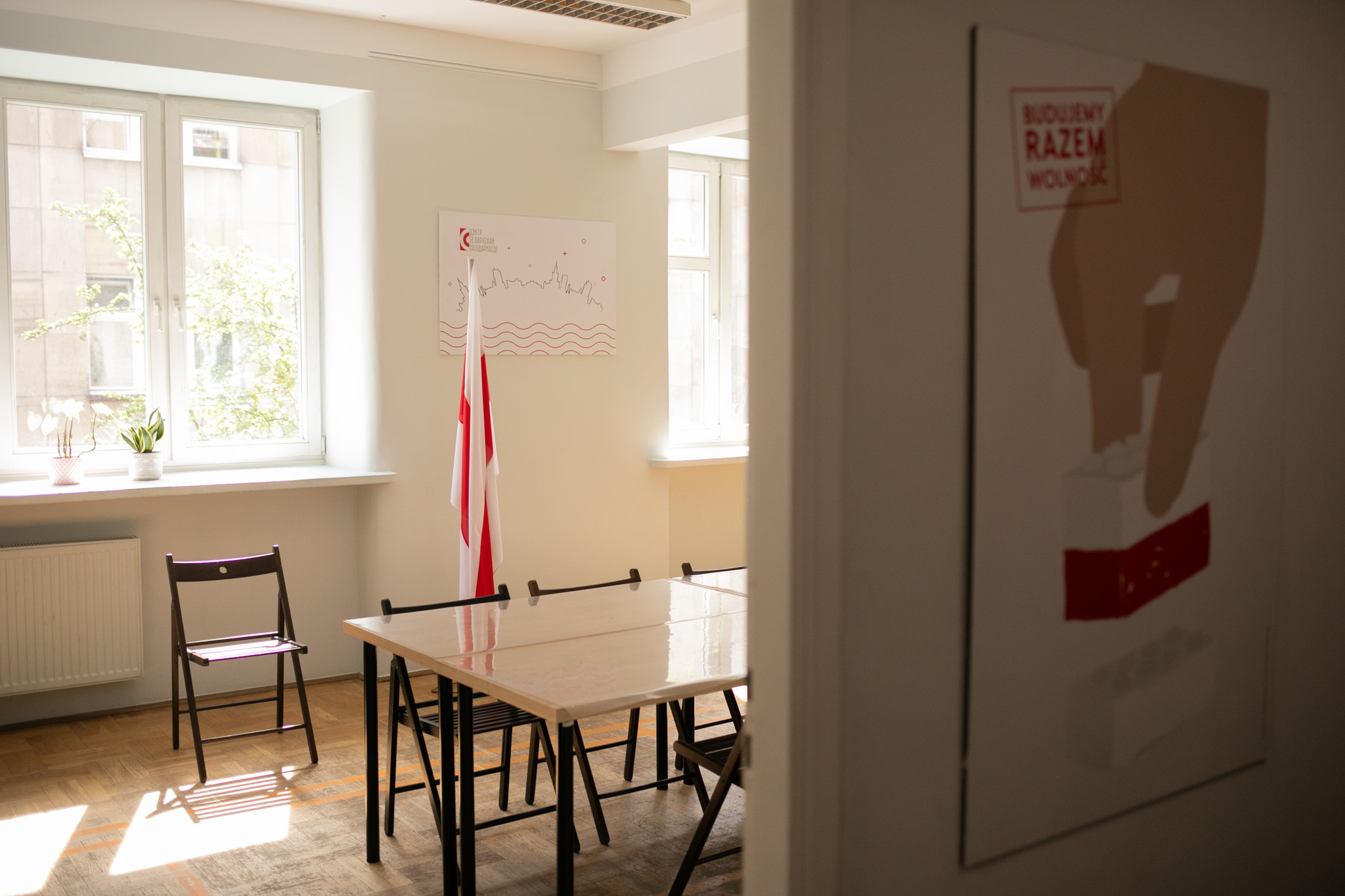
When asked what Belarusian Solidarity is, Antos Zhukov answers:
— Belarusians are no more or less solidary than any other people. Any authoritarian regime can lead a country to atomization, fragmentation, and lack of love for neighbors. All authoritarian regimes are built on this. Belarusians are not unique in this regard. However, I look to the future with optimism. If the authoritarianism of neighboring Poles could be overcome once, then eventually, we can too.
Olga Dobrovolskaya believes that mutual support is not foreign to Belarusians:
— During my work at CBS, I met many wonderful and open Belarusians. I saw expressions of support, mutual assistance, and compassion. This includes organizing medical assistance, providing temporary housing, and providing legal advice. But also the expression of trust between people when they are ready to devote all their energy and resources to support each other. As my colleague says, ‘If a person leaves my consultation with a smile and hope, then I have done a good job’.
Vladimir Kobets believes that Belarusian Solidarity is built on empathy and sympathy and doesn’t expect gratitude in return:
— Belarusian solidarity is a sense of responsibility for someone else’s need or distress, providing help and support, taking the side of those with whom you want to show solidarity.
Text: Herman Zabaronak. Photo: Alisa Hanchar
The special project «Survivors» documents the state of Belarusian civil society organizations (CSOs) in the year 2024.
